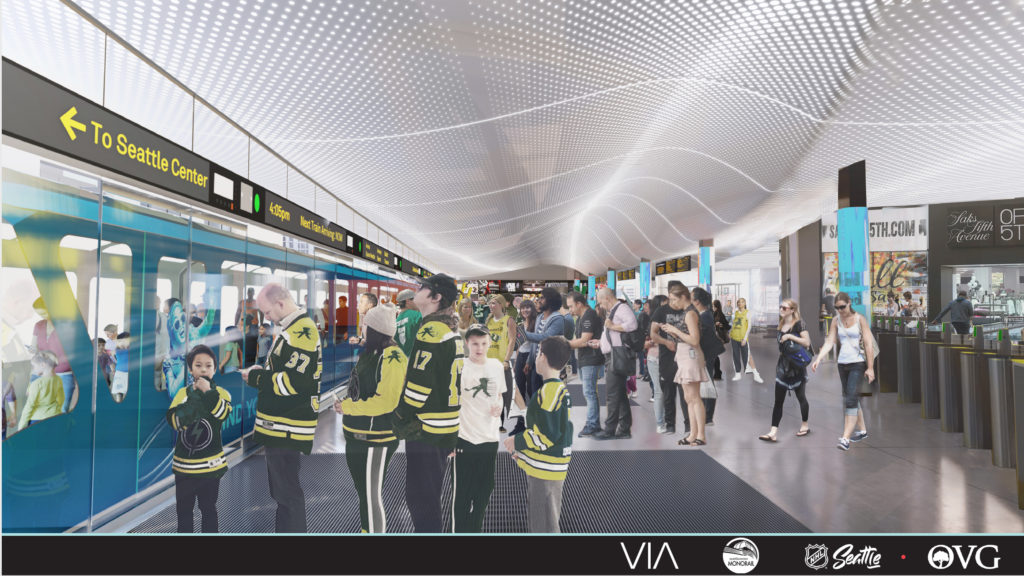Seattle’s NHL team doesn’t have a name yet, but they’ve already come up with a big incentive for fans to come to games.

In a partnership with Seattle Center Monorail, NHL Seattle says as long as you have a ticket to the hockey game, your monorail fare to and from the new Seattle Centre arena is covered.
Rob Johnson, vice-president of transportation for NHL Seattle, says it’s all about keeping cars off the road.
“For a lot of Seattleites, we really see ourselves as very environmentally conscious folks here in the Northwest,” he said. “This is going to be the most sustainable and most environmentally friendly way for people to get to games and that’s a big incentive for us.”
Johnson hopes that other cities will now follow suit.

Get daily National news
“We think these investments are gonna really continue to encourage people to think differently,” he said. “We hope that has a domino effect on other sport franchises around North America.”
He says they’ve built the fare prices right into the budget of the team.
According to the NHL, the team also will make a capital investment of up to $7 million for upgrades to Westlake station for the Seattle Center Monorail, including improved platforms, modernized ticketing and additional elevator access
The free transit program is modeled after similar programs such as the Golden State Warriors at Chase Center, and the Phoenix Suns.
Seattle’s hockey team is set to begin playing in the 2021-2022 NHL season, with the new arena at Seattle Center expected to be completed by summer 2021.
Johnson told Global News he doesn’t know when the team’s name will be announced.








Comments
Want to discuss? Please read our Commenting Policy first.